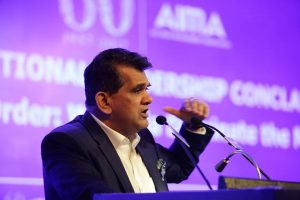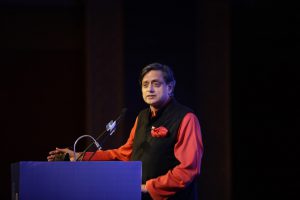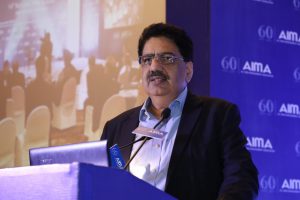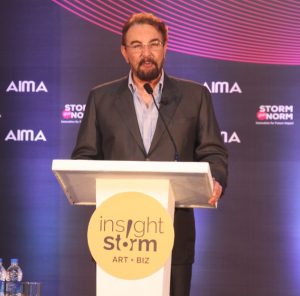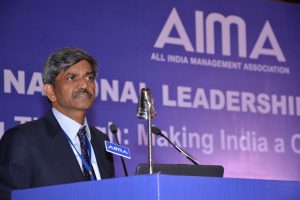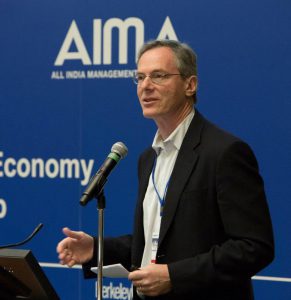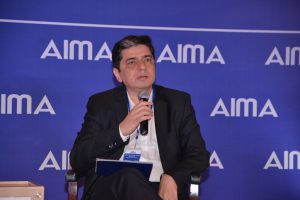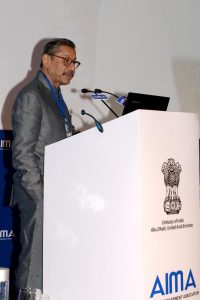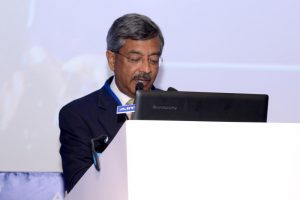To celebrate its Diamond Jubilee Year, All India Management Association organized a special session with The President of India, Shri Pranab Mukherjee at Rashtrapati Bhavan on June 7, 2017.
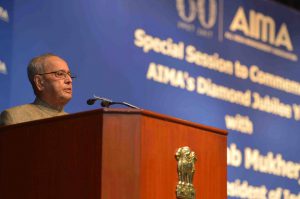
Shri Pranab Mukherjee addressing ‘Special Session to commemorate AIMA’s Diamond Jubilee Year’
It’s pleasure for me to be present amongst you this evening when we are celebrating the Diamond Jubilee of AIMA. You can be proud of sustaining a culture of excellence for six decades. The achievements of the last sixty years, I am sure shall motivate you to even greater heights in the years to come. When you began your journey in 1957, the country was entered into the phase of industrialization, because the major industrial policy thrust was given in 1956 industrial policy resolution. It was the launching of the second five year plan period and subsequently, you have seen how India progressed. And from a country when it began its independence 70 years ago and 10 years before you began your journey, it was one of the poorest countries in the world for more than half a century. From 1900 to 1950 the economy registered just below 1 percent annual average GDP growth. India was in deficit. At that juncture, your organization took a giant leap I must say, not in darkness but with definite aims and objectives that we must come out, fully exploit our potentials, particularly amongst our youth. Give them managerial tools, sharpen their skills and make them the best available many years to manage. It is not merely the management of material. It is also the management of the ethos, their culture and also to carry on the legacy of a heritage which is of 5000 years old civilization.



